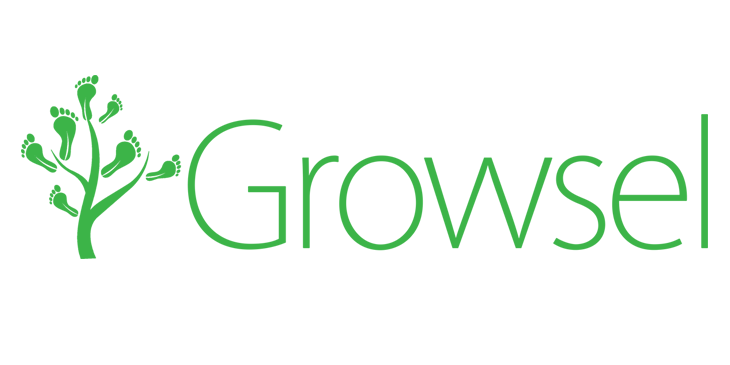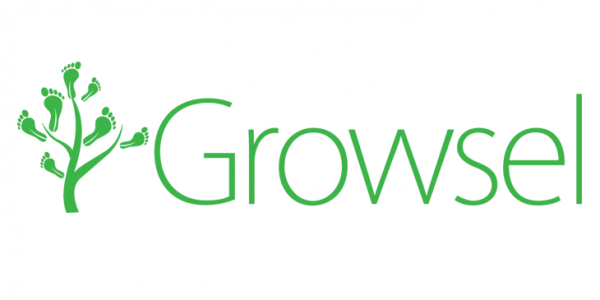Of the $397 billion income generated by Nigeria in 2018, almost a quarter came from its farmlands. Over the course of the year, millions of strong-willed, tough-skinned people cultivated crops and reared livestock in wildly varying conditions, and contributed their lot to the country’s economy.
But the vast majority of these farmers are poor small-holder farmers whose toil barely yields enough to take care of their basic needs. That’s two-thirds of Nigeria’s labour force, struggling to scrape through life on the proceeds from their green patches and little animal pens.
Growsel, a local non-profit agritech outfit, is working to lift people in this segment out of base-level subsistence. They are doing this by connecting small-holder farmers to lenders interested in supporting farmers’ efforts with finance. As a non-profit setup, Growsel channels interest-free loans to crop growers on its platform and only requires them to pay back the principal when they have recouped it.
Jerry Oche, Growsel’s founder, says that the venture is aiming to provide services across the breadth of the agricultural value chain. While it has become known for its peer-to-peer lending model, there’s more going on behind the digital linkup of lenders and farmers. Oche intends to transform the realities of the families who live on the income they earn from growing staple crops.
The company is getting on with this task by targeting small-time female farmers. About 90% of the farmers who receive proceeds from its crowdfunding are women. But this strategy isn’t being deployed for the potential depth of its impact; it also makes sense for the spread of its reach; about 70% of small scale farmers in Nigeria are women.
How Growsel Works
Growsel gets small-holder farmers onto its platform either by signing them up on its website or by adding them with the help of a local representative or partner. After this, there’s a verification process which ascertains that the people being on-boarded are really farmers.
Lenders are invited to support these farmers whose projects are listed on its website. Willing lenders select a project they would like to support, and make their donations to it. All funds go to the farmers; Growsel doesn’t take a cut.
Repayments are made after the farmer starts cultivating. When the farmers do this, they are eligible to benefit from another crowdfunding round. Lenders can also fund new farms after they have recouped their contributions.
There’s very little risk of loan default. The organization reckons the current repayment rate to be about 96%, for the over 15,000 verified farmers on its platform.
Apart from its project financing activity, the Growsel team also shares best farming practices with farmers, gives them access to quality inputs, and helps them get their produce bought at competitive market rates.
Growsel’s Impact
There are tens of millions of farmers in Nigeria; Growsel says it has reached over a million of them in the three years since it was founded. Much of this achievement has been made possible through partnerships with financial institutions, NGOs, social enterprises, and cooperatives.
It has received some recognition for its work. Besides getting featured by multiple media channels, it also won the 2018 edition of the Visa Everywhere Initiative (VEI) Financial Inclusion Challenge for sub-Saharan Africa.
Growsel does have a lot more ahead of it, as members of its team would readily admit. But they seem determined to create a whole new reality for players at the lower rungs of the agricultural ladder, one in which small scale farmers can earn a decent living for themselves and their families.
Source
Growsel
Featured Image Source: Growsel


